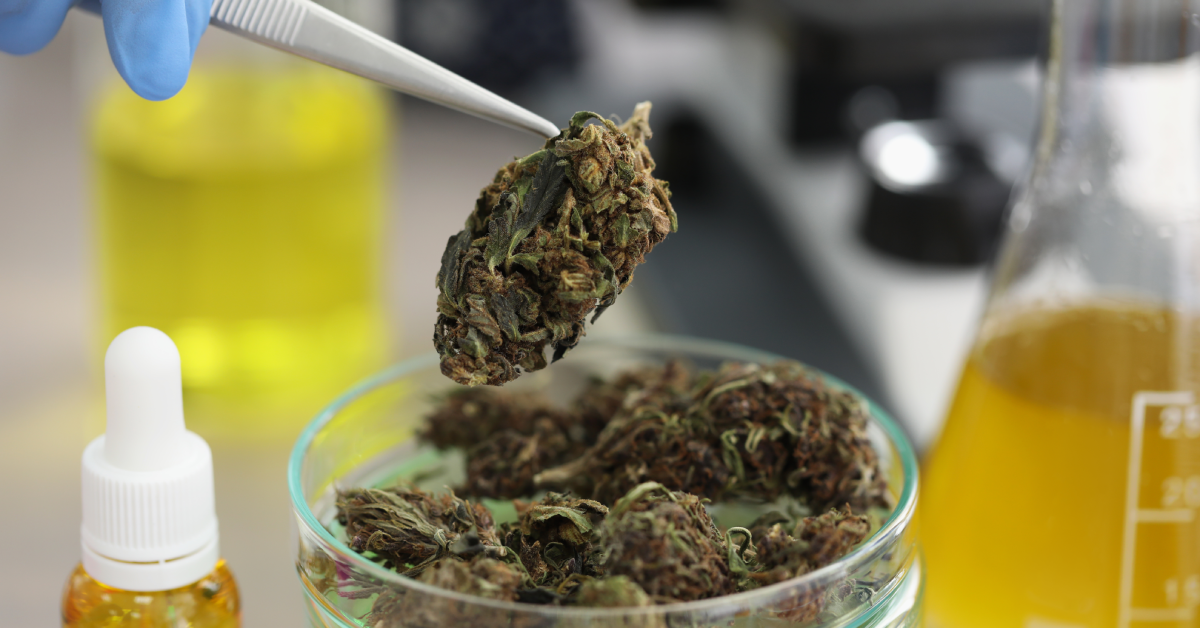Ensuring Integrity and Accuracy in Forensic THC Testing
Armstrong Forensic Laboratory is committed to providing excellent customer service to its clients. They work closely with their clients to ensure that the testing process runs smoothly and that the results are provided in a timely manner. The laboratory staff is knowledgeable and experienced, and they take their responsibility to provide accurate results seriously.
- Necessity for Testing: With the legalization of hemp, distinguishing between hemp and marijuana based on THC content became critical. Hence, law enforcement needed access to reliable testing methods.
- Accredited Laboratories: It’s essential for these testing laboratories to be ISO 17025 accredited by an approved accrediting agency, follow strict guidelines to ensure accurate and consistent results, and be accredited by the TFSC (Texas Forensic Science Commission).
- Chain of Custody: Samples sent to laboratories for testing must maintain a clear chain of custody to ensure the integrity of evidence for court purposes.
- Testing Edibles & Vapes: Due to the popularity and variety of products, ensuring accurate THC testing for edibles, vapes, and oils present unique challenges that laboratories like Armstrong Forensic Laboratory address with court-ready data.
- Turn Around Time: The faster you get your results the sooner you can take action. Free the innocent, arrest the accused, and convict the guilty. Faster response reduces costs and increases safety. Get the right results when you need them.
- THC Calculation: Texas law specifies that the THC concentration is determined post-decarboxylation or another similarly reliable method. This means the total potential THC, including THCA which can be converted to delta 9 THC, must be under 0.3%.
- Quantitation Methods: The most common methods for THC quantitative analysis include High-Performance Liquid Chromatography (HPLC) and Gas Chromatography (GC). Discuss your evidence type and testing objective with Armstrong Forensic Laboratory, Inc. to determine the most appropriate test method for your product.
- Uncertainty: Uncertainty exists in any measurement. Every quality and accredited laboratory should be able to provide the uncertainty in their calculation. The smaller the uncertainty relative to the measurement, the more precise the measurement. Reporting uncertainty for each result, measurement, and calculation in a criminal matter is a requirement of the ANAB (ANSI National Accreditation Board).
- Identification Methods: Armstrong Forensic Laboratory, Inc. has many methodologies available to identify and confirm the presence of THC. Some of these techniques include FTIR (Fourier Transform Infrared Spectoscopy) and GC-MS (Gas Chromatography Mass Spectrometry).
- Quantitation: Armstrong Forensic Laboratory, Inc. reports the numerical value of the concentration for Total delta 9 THC measured in the analysis. With an actual numerical value, you know how much is there and how close or how far to the legal limit you are.
Armstrong Forensic Laboratory, Inc., a USDA Registered, TDA Registered, DEA Registered, and ISO 17025 Accredited, stands ready to help you. View our qualifications.

